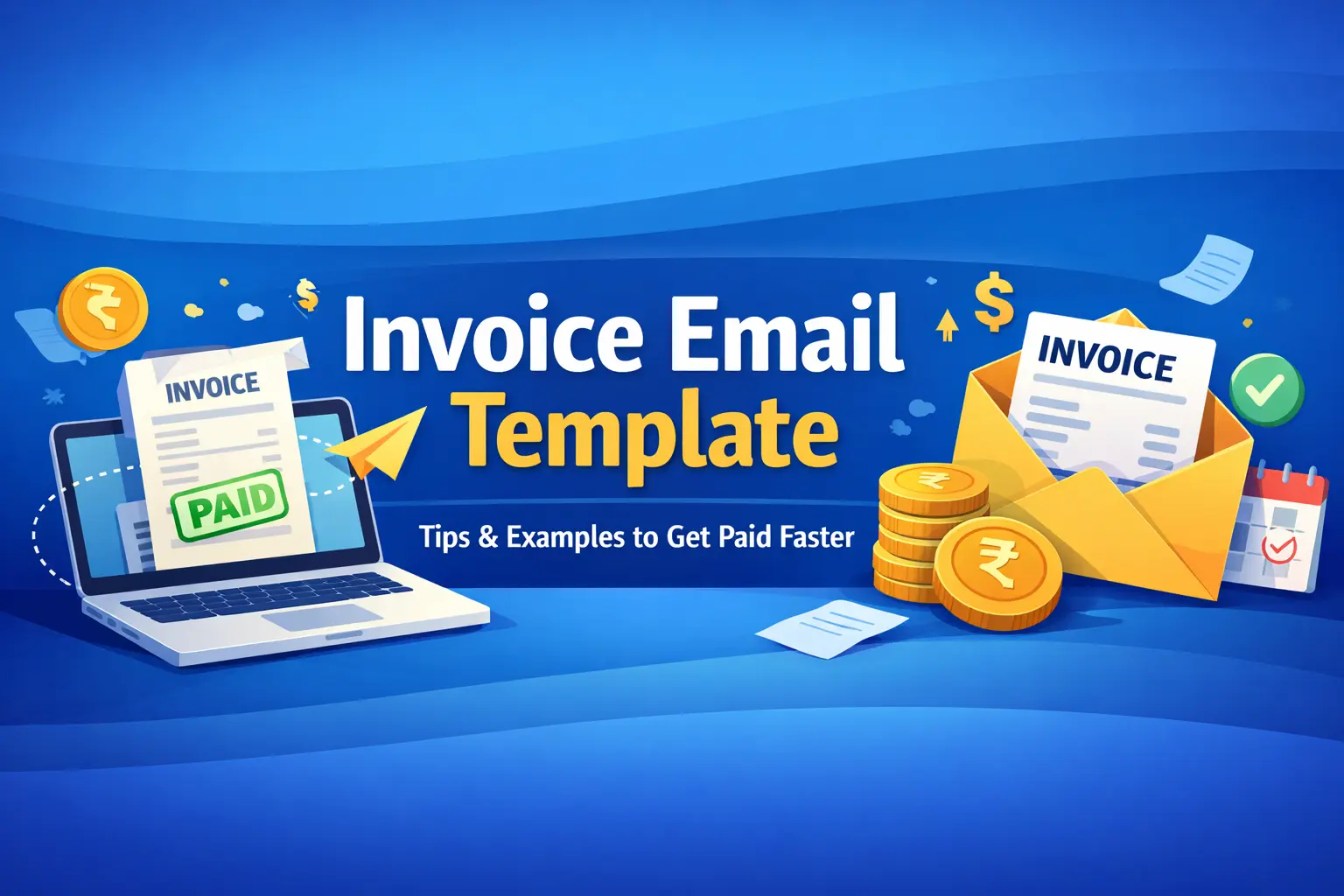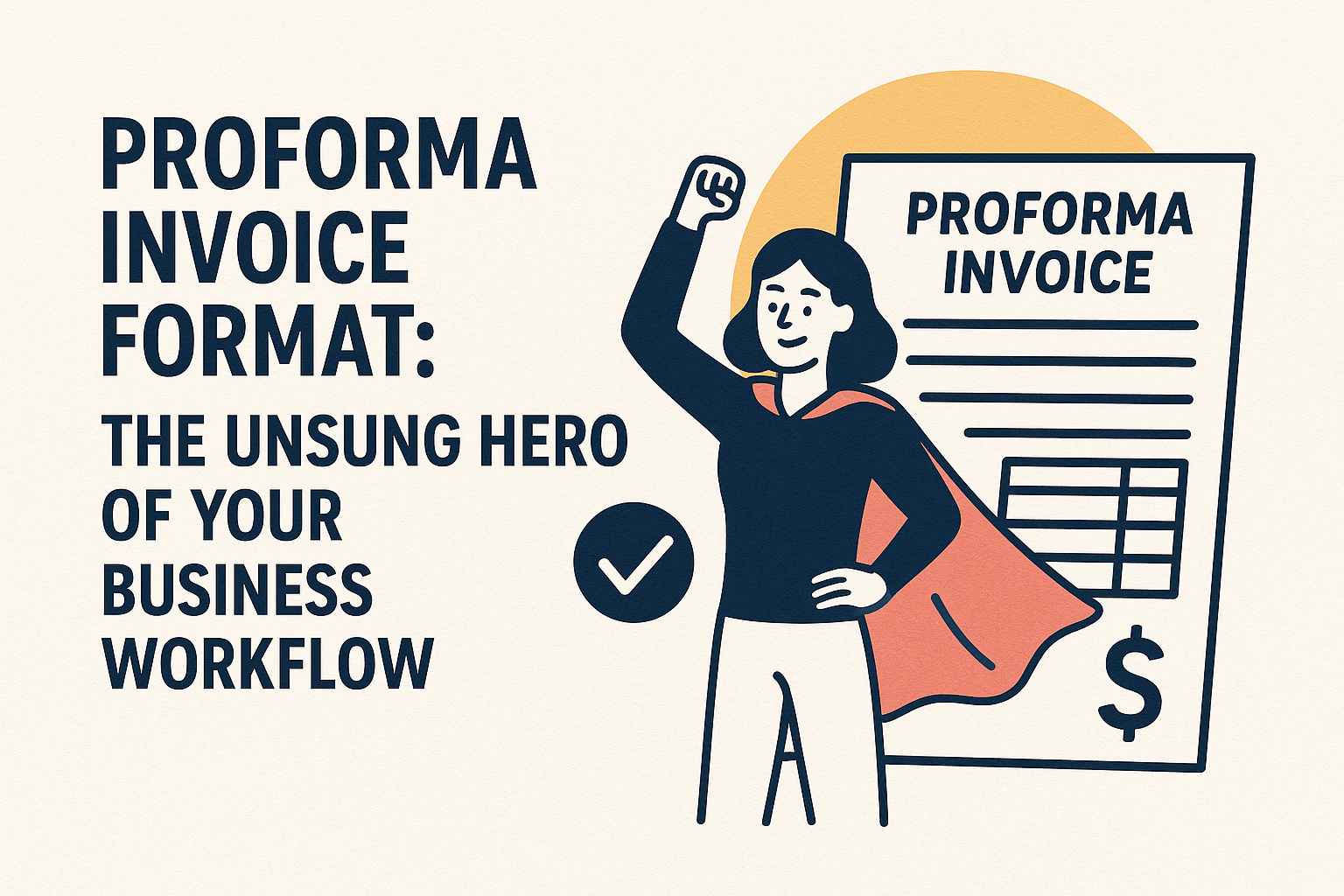In today’s interconnected digital landscape, businesses are increasingly adopting integrated technology solutions to streamline operations, enhance productivity, and foster better relationships with customers and employees. Among these technologies, Human Resource Management (HRM) software and Customer Relationship Management (CRM) solutions are pivotal. Additionally, integrating WhatsApp CRM APIs into these systems can further elevate communication and operational efficiency. This guide delves into the best practices for leveraging HRM software, CRM technology, and WhatsApp CRM APIs to create a cohesive and effective business ecosystem.
Understanding the Core Technologies
HRM Software: A Comprehensive Overview

Human Resource Management (HRM) software encompasses a range of applications designed to manage and automate HR functions. Key features include:
- Recruitment and Onboarding: Automating job postings, applicant tracking, and onboarding processes.
- Employee Self-Service: Allowing employees to manage personal information, view payroll details, and request time off.
- Performance Management: Setting, tracking, and evaluating performance goals.
- Payroll and Benefits Management: Automating payroll calculations and benefits administration.
- Data Analytics: Generating reports and insights on workforce metrics and trends.
- Compliance and Security: Ensuring adherence to labor laws and protecting sensitive data.
CRM Software: Enhancing Customer Relationships
Customer Relationship Management (CRM) software is designed to manage interactions with customers, streamline sales processes, and enhance customer service. Core features of CRM software include:
- Customer Data Management: Storing and organizing customer information, including contact details, interaction history, and purchase behavior.
- Sales Automation: Tracking sales activities, managing leads, and forecasting sales performance.
- Customer Service: Handling support tickets, managing service requests, and improving customer satisfaction.
- Marketing Automation: Automating marketing campaigns, tracking engagement, and analyzing campaign performance.
- Analytics and Reporting: Providing insights into customer behavior, sales performance, and marketing effectiveness.
WhatsApp CRM API: Revolutionizing Communication

The WhatsApp CRM API allows businesses to integrate WhatsApp messaging into their CRM systems. Key benefits include:
- Real-Time Communication: Facilitating instant communication with customers and employees through WhatsApp.
- Automated Responses: Setting up automated replies for common queries, appointment reminders, and follow-ups.
- Enhanced Engagement: Engaging with customers in a familiar and user-friendly environment.
- Integration with CRM: Syncing WhatsApp conversations with CRM records to maintain comprehensive interaction histories.
Best Practices for Integrating HRM Software, CRM Solutions, and WhatsApp CRM API
1. Streamlining Recruitment and Onboarding with CRM Integration
Integrating CRM software with HRM systems can enhance the recruitment and onboarding process:
- Unified Candidate Management: CRM software can manage candidate information and interactions, providing a centralized view of the recruitment process.
- Enhanced Communication: Use WhatsApp CRM API to communicate with candidates in real-time, schedule interviews, and send updates about their application status.
- Automated Onboarding: Integrate onboarding tasks with CRM to automate document collection, training schedules, and welcome messages.
2. Enhancing Employee and Customer Self-Service
Employee Self-Service
HRM software’s self-service portals can be integrated with CRM systems to enhance employee experience:
- Single Sign-On (SSO): Implement SSO across HRM and CRM systems to streamline access for employees.
- Integrated Communication: Use WhatsApp for internal communications, allowing employees to receive updates and notifications directly via their preferred messaging platform.
Customer Self-Service
Integrate CRM software with HRM systems to offer comprehensive self-service options to customers:
- Self-Service Portals: Provide customers with access to their account information, support tickets, and service requests through a unified platform.
- WhatsApp Integration: Allow customers to interact with support teams via WhatsApp, facilitating quick resolutions and improving customer satisfaction.
Also Read This : https://www.crmsoftware.tech/blogs/real-estate-crm-software-india
3. Optimizing Performance Management and Customer Relationships
Performance Management
Integrating performance management tools within HRM software with CRM solutions can enhance employee performance and customer service:
- Customer Feedback Integration: Capture customer feedback through CRM systems and use this data to inform performance reviews and training needs.
- Goal Alignment: Ensure that employee goals align with customer satisfaction metrics and sales targets.
Customer Relationship Management
CRM software and HRM systems can work together to improve customer interactions and employee performance:
- Customer Insights: Leverage CRM analytics to understand customer needs and tailor employee training to address these needs effectively.
- Cross-Department Collaboration: Facilitate communication between HR and customer service teams to align strategies and share insights.
4. Managing Payroll and Benefits with CRM Integration
Integrating payroll and benefits management with CRM systems can streamline administrative tasks:
- Automated Updates: Sync payroll data with CRM systems to ensure accurate tracking of employee compensation and benefits.
- Integrated Benefits Administration: Use CRM tools to manage and communicate benefits enrollment and changes to employees.
5. Leveraging Data for Strategic Decisions
Analytics and Reporting
Combining data from HRM software, CRM systems, and WhatsApp interactions provides a comprehensive view of business performance:
- Unified Reporting: Generate reports that integrate data from HRM, CRM, and messaging platforms to gain insights into employee and customer interactions.
- Predictive Analytics: Use data from all systems to forecast trends and make informed decisions regarding recruitment, customer service, and sales strategies.
Predictive Modeling
- Employee Turnover: Analyze CRM data on customer interactions and HRM data on employee performance to predict and address potential turnover issues.
- Sales Forecasting: Leverage CRM analytics to predict sales trends and align HR resources to meet demand.
6. Ensuring Compliance and Data Security
Regulatory Compliance
Integrate compliance features across HRM and CRM systems to adhere to legal requirements:
- Data Protection: Ensure that both HRM and CRM systems comply with data protection regulations, such as GDPR and CCPA.
- Audit Trails: Maintain comprehensive audit trails in both systems to support regulatory compliance and transparency.
Data Security
- Unified Security Policies: Implement consistent security policies across HRM and CRM systems to protect sensitive employee and customer data.
- Encryption and Access Controls: Use encryption and access controls to safeguard data transmitted through WhatsApp and other integrated platforms.
Case Studies: Successful Integration Examples
1. E-Commerce Retailer
An e-commerce retailer integrated HRM software with CRM and WhatsApp CRM API to enhance customer service and streamline employee management:
- Recruitment: The retailer used CRM to manage job postings and candidate interactions, while WhatsApp facilitated real-time communication with candidates.
- Customer Service: CRM data was used to train customer service representatives, and WhatsApp was used for instant support and updates.
- Results: The integration led to faster hiring processes, improved employee training, and higher customer satisfaction.
2. Financial Services Firm
A financial services firm implemented a unified HRM and CRM solution to manage employee performance and client relationships:
- Performance Management: CRM data on client interactions was used to inform employee performance reviews and training programs.
- Client Engagement: WhatsApp integration allowed for timely communication with clients, enhancing service delivery.
- Results: The firm saw improved employee performance, better alignment between employee goals and client needs, and increased client retention.
Conclusion
Integrating HRM software with CRM solutions and WhatsApp CRM APIs can create a powerful business ecosystem that enhances operational efficiency, improves communication, and drives strategic success. By leveraging these technologies together, businesses can streamline recruitment and onboarding, enhance self-service options, optimize performance management, and ensure compliance and data security.
As organizations continue to navigate a complex and rapidly changing business environment, embracing integrated technology solutions will be key to staying competitive and achieving long-term goals. Whether improving employee management, enhancing customer relationships, or leveraging data for strategic decisions, the synergy between HRM software, CRM systems, and WhatsApp CRM APIs offers a comprehensive approach to driving business success.









